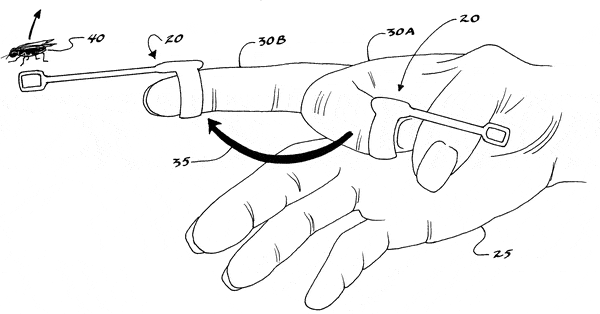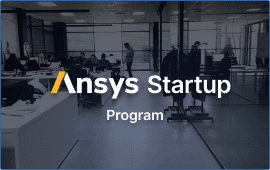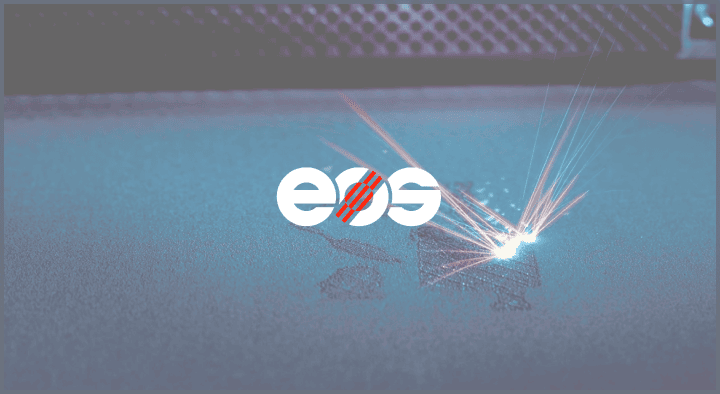 On March 16th of this year (last Saturday) there was a major change to how you claim rights to an idea in the US, and it came and went without much fanfare. That is when the US changed from a “first-to-invent” system for deciding who gets to rights to an idea to a “first-to-file” system. It snuck up on me as well. I remember when the “America Invents Act” was passed and signed in 2011, and I remember thinking “I should remember this” but it got here and I forgot. So I did a little research to make sure I understood what was going on and I have shared what I found here.
On March 16th of this year (last Saturday) there was a major change to how you claim rights to an idea in the US, and it came and went without much fanfare. That is when the US changed from a “first-to-invent” system for deciding who gets to rights to an idea to a “first-to-file” system. It snuck up on me as well. I remember when the “America Invents Act” was passed and signed in 2011, and I remember thinking “I should remember this” but it got here and I forgot. So I did a little research to make sure I understood what was going on and I have shared what I found here.
I recommend you start with the Wired.com article that started me on my search, it is a good overview. After googleing around for a while I found that most of the on-line information was the same, they were just rephrasing the USPTO press releases. This is my summary:
- This is a big shift. Instead of documenting when you came up with an idea in a note book on some other type of system, you now just have to file your idea first. This is the more common practice around the world.
- They passed this law to avoid all of the cost of litigating when you are trying to prove who came up with an idea first. Now it does not matter, it is whoever gets their paperwork submitted first.
- The definition of prior art is also changed, meaning that if you disclose your invention to the public anywhere in the world, you have stuck your claim in the ground and you have 12 months to file a patent before anyone else can. You basically get a one-year head start if you just share your ideas with the public and can document it.
- But if you use this exception you give up some rights in other countries.
- If someone is using an idea but did not patent it, and someone else develops the same idea independently, then the first person can still use the idea even if a patent is issued to the second person. This is prior use and it comes in to play often with trade secrets. You use your trade secret to make a product, then someone else independently develops the same idea and gets a patent, they can not sue you. You have to right to keep using it if you can prove commercial use.
- A confidential sale of a product containing patented technology no longer starts the 1 year period to file a patent.
- The cost of getting a patent has changed, mostly going up.
- How you appeal things has changed. Honestly, I do not understand the current process well enough to get a feel for the new process.

www.uspto.gov/aia_implementation/index.jsp
Unfortunately the law itself is not a new law, but it edits the current laws so I found it very hard to follow. The Wikipedia page is a bit easier to follow and seems to cover most things, even some of the more obscure aspects of the law. The National Law Review also provides a pretty good summary.
What Does this Mean to Me, My Company, My Startup?
It means a lot. The days of jotting an idea in a book and getting it notarized are now a thing of the past. Whoever is in charge of your intellectual property policies and processes should have already made changes in your organization (I missed that boat by a bit). Here are some thoughts:
- You still need to keep good track of ideas and when you had them. You still need to prove that you really invented the thing and you did not steal it.
- You should also link those ideas to when they were first used commercially. Tracking prior use of trade secrets is now very important when avoiding a patent infringement case.
- Look at filing patents or at least provisional patents much sooner. This means:
- You need to budget a lot more for IP protection
- Or, you need to decide early on that an idea is not worth protecting, you can no longer wait to act because you have the invention event documented.
 As always with anything legal, you need to get hold of your lawyer and discuss this with them. As everyone goes down this path things will change, especially as everyone starts litigating. But in the long run, this should reduce litigation and make things simpler. Just be aware of the change and adapt to it.
As always with anything legal, you need to get hold of your lawyer and discuss this with them. As everyone goes down this path things will change, especially as everyone starts litigating. But in the long run, this should reduce litigation and make things simpler. Just be aware of the change and adapt to it.


















